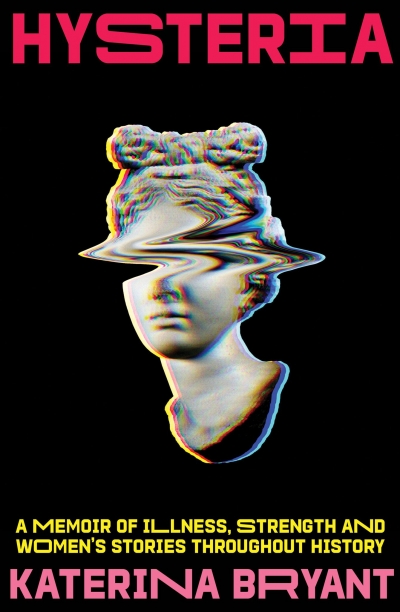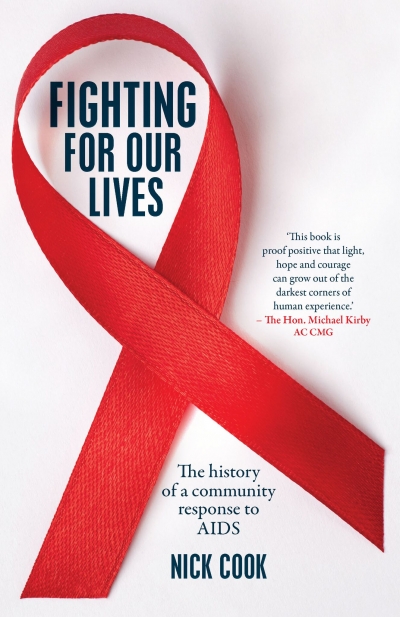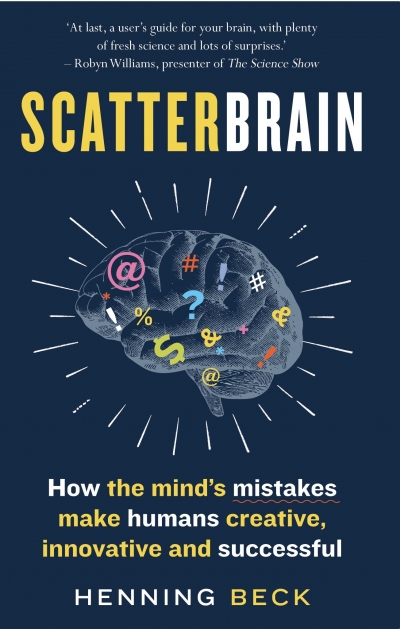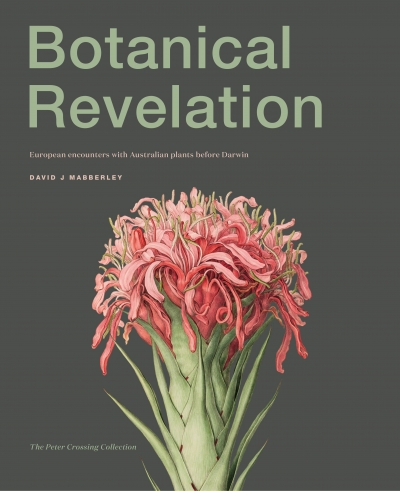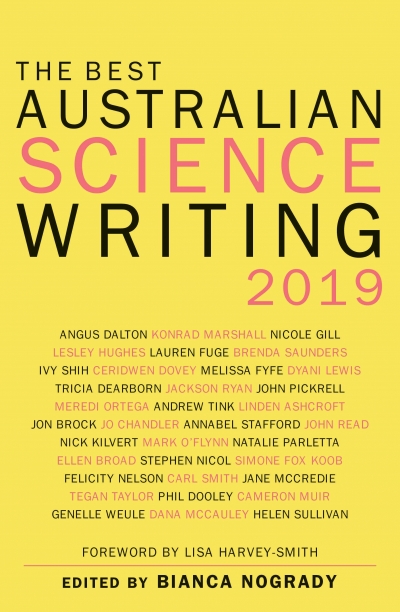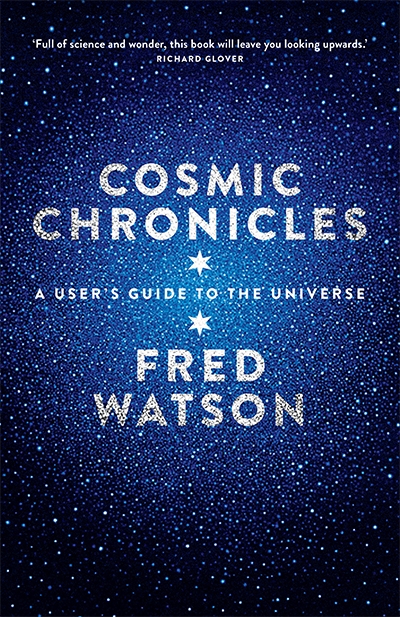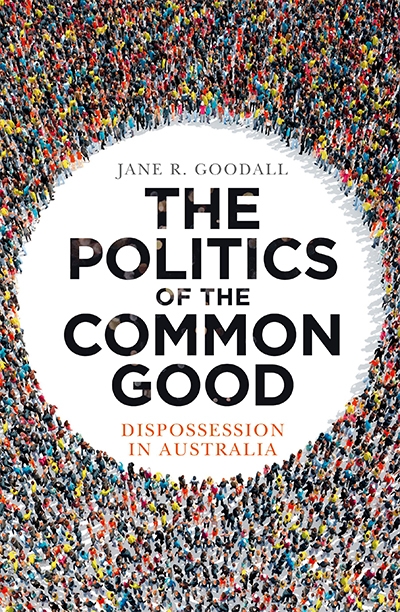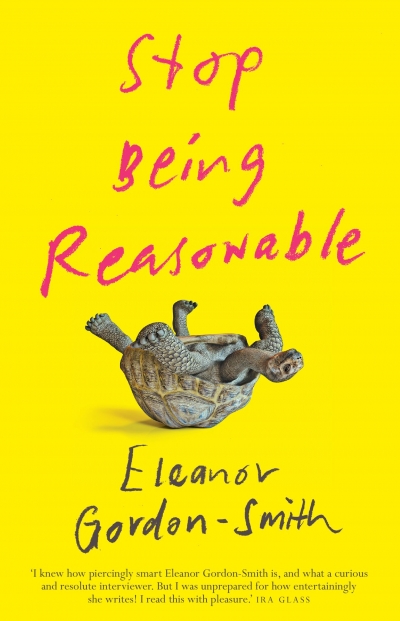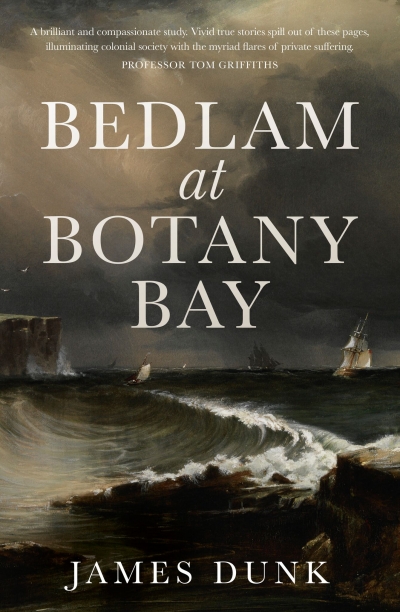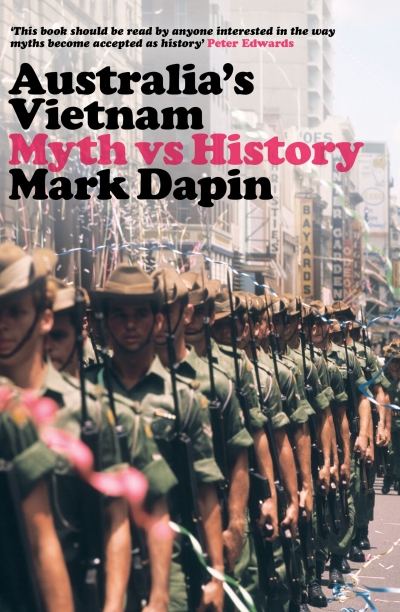NewSouth
Hysteria: A memoir of illness, strength and women's stories throughout history by Katerina Bryant
by Rachel Robertson •
Fighting for Our Lives: The history of a community response to AIDS by Nick Cook
by Garry Wotherspoon •
Scatterbrain: How the mind’s mistakes make humans creative, innovative and successful by Henning Beck
by Nick Haslam •
Botanical Revelation: European encounters with Australian plants before Darwin by David J. Mabberley
by Danielle Clode •
The Best Australian Science Writing 2019 edited by Bianca Nogrady
by Robyn Arianrhod •
Cosmic Chronicles: A user’s guide to the universe by Fred Watson
by Robyn Williams •
The Politics of the Common Good: Dispossession in Australia by Jane R. Goodall
by Judith Brett •

